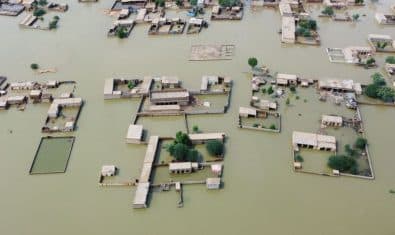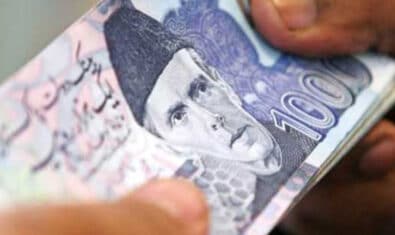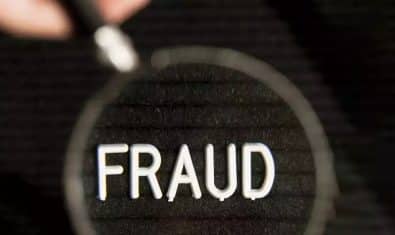Tax evasion is becoming a constant headache for majority of the countries. In order to resolve the situation, a new international tax compliance measure is set to take effect in Dubai starting January 2017.
In this regard, Dubai based banks have informed their customers about a new international policy, ordered by the Organisation for Economic Co-Operation and Development (OECD), a 35-member grouping of mostly European nations.
The new policy is aimed at ensuring tax compliance all over the world, essentially to make life difficult for people who refuse to pay their taxes.
A renowned bank HSBC confirmed that it sent a circular to all its clients on Thursday, to alert them.
They stated:
“These local laws will mean that from the beginning of January 2017, governments will start requiring all banks and other financial institutions to ask customers for information with a view to determining where they are resident for tax purposes.”
“Therefore, from the beginning of 2017 onward, we will be contacting some of our customers to collect information related to their tax status.”
What Does it Mean for Pakistanis Living in Dubai?
What does it mean for Pakistanis who reside abroad, especially in Dubai, where they have invested a lot of their money in real-estate?
Anyone holding money in UAE, including Pakistani expats, who have not declared their funds in their home country (Pakistan in this case) should be aware that after Jan 2017 (after 20 days), all information will be shared worldwide by UAE and by most other countries amongst each other.
Personal Gain For United States
The new devised measures are heavily influenced by the fact that U.S. has been trying to collect money from citizens who are living abroad and those who refuse to pay taxes.
Contrary to the rules and regulations of other countries, U.S. demands its citizens to pay taxes regardless of if they live abroad. The only compulsion is that they have to be earning above a certain threshold. If they meet the criteria, they must pay the taxes.
In the quest to help U.S., banks from Middle East have given their dedicated support to implement US Foreign Account Tax Compliance Act (FATCA).
UAE To Bear The Brunt
Compared to other Arabian Gulf states, UAE has the fastest pace in terms of private wealth growth. It is also a hub for private banks, which facilitate wealthy clients who look to store their assets in offshore accounts.
In the past, U.S. and other governments have failed to gather information from banks such as UBS, who have been fined heavily for failing to disclose account details of the criminals; mostly tax evaders.
“It’s very important to make sure people don’t evade taxes,” said Sam Instone, the Dubai-based chief executive of AES International, a firm that offers fee-based advice.
“It’s important to make sure that tax systems work so that services in those countries function well in terms of the educational and health systems.”
It remains to be seen how effective the initiative is, which will be implemented from early next year.
Via The National





















